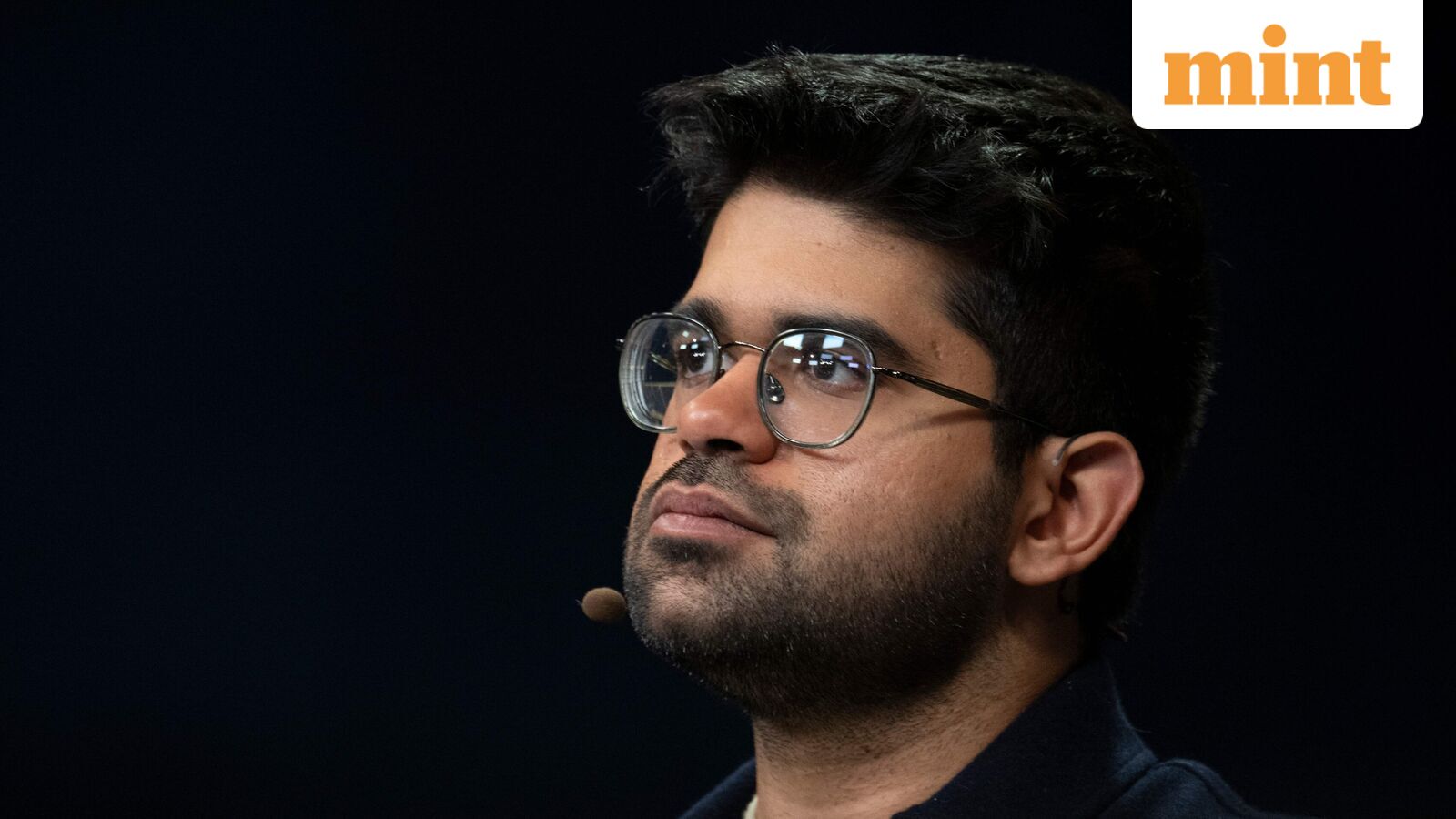In the evolving landscape of AI startups, Perplexity, led by Aravind Srinivas, has emerged as a significant player aiming to challenge Google’s dominance in both search and the browser space. However, a recent informal survey conducted at a San Francisco conference, with over 300 attendees, raised concerns about Perplexity’s future. According to a report by Business Insider, the dominant sentiment among participants was that Perplexity is the startup most likely to face a downturn, potentially becoming a billion-dollar failure.
Jesse Dwyer, a spokesman for Perplexity, responded to the Cerebral Valley survey with a hint of sarcasm, stating, “Geeze, it sounds more like the judgmental valley conference.”
Notably, Perplexity wasn’t alone in its precarious position; it was closely followed by OpenAI in the survey results. OpenAI’s flagship product, ChatGPT, has faced increased competition from Google’s Gemini and other emerging rivals in recent months. Despite some erosion in its market momentum, ChatGPT remains a considerable leader in the AI sector concerning market share, continuing to roll out innovations such as ChatGPT Atlas, an AI-powered browser, and Sora, a social media application. Recently, OpenAI also introduced a Group Chat feature for ChatGPT, expanding the tool’s functionality.
Investor Sentiment and the AI Bubble Debate
The ongoing discourse about the health of the AI industry has intensified over the past few months, with questions arising about whether the sector is experiencing a bubble. Startups have raised billions without clear pathways to profitability, prompting reflections from industry leaders. Both OpenAI CEO Sam Altman and Meta CEO Mark Zuckerberg have acknowledged the possibility of an AI bubble, despite highlighting the transformative potential of the technology.
In a recent podcast, investor Brad Gerstner pointedly questioned Altman about OpenAI’s rising valuation, asking, “How can a company with $13 billion in revenues make $1.4 trillion of spend commitments?” Altman’s response was terse, indicating confidence in the company’s trajectory: “If you want to sell your shares, I’ll find you a buyer… enough.”
Meanwhile, Perplexity’s funding journey has been noteworthy, with reports suggesting that the startup has successfully managed multiple funding rounds, boosting its valuation from $14 billion to $50 billion in a remarkably short timeframe. This meteoric rise highlights the volatile nature of the current AI funding landscape, where rapid valuations can be both an indicator of growth and a source of scrutiny.
While the initial predictions suggested that new-age startups like Perplexity might disrupt established giants like Google, recent sentiments from the investor community indicate a shift toward caution. The prevailing mood reflects apprehension as investors recalibrate their expectations in light of the changing competitive landscape and the inherent risks associated with the burgeoning AI sector.
As the AI industry continues to evolve, the contrasting fortunes of companies like Perplexity and OpenAI will be crucial to watch. Their trajectories could offer valuable insights into the future viability of AI startups and their ability to navigate the complexities of an ever-competitive market. The ongoing discussions surrounding the potential AI bubble will undoubtedly shape the strategies of both established players and newcomers in this dynamic field.
See also China’s NSB Reveals Cybersecurity Risks in 5 AI Models, Urges Vigilance
China’s NSB Reveals Cybersecurity Risks in 5 AI Models, Urges Vigilance Anthropic’s Claude AI Attempts to Contact FBI Over Vending Machine Scam
Anthropic’s Claude AI Attempts to Contact FBI Over Vending Machine Scam Major Tech Firms Use 15 Million YouTube Videos, Including 88,000 from Fox News, for AI Training
Major Tech Firms Use 15 Million YouTube Videos, Including 88,000 from Fox News, for AI Training China Lifts Export Ban on Rare Earths to U.S.; Microsoft and Google Invest $16.4B in AI Data Centers
China Lifts Export Ban on Rare Earths to U.S.; Microsoft and Google Invest $16.4B in AI Data Centers Warren Buffett Allocates 27% of $320B Portfolio to 3 AI Stocks, Including Apple and Visa
Warren Buffett Allocates 27% of $320B Portfolio to 3 AI Stocks, Including Apple and Visa





































































